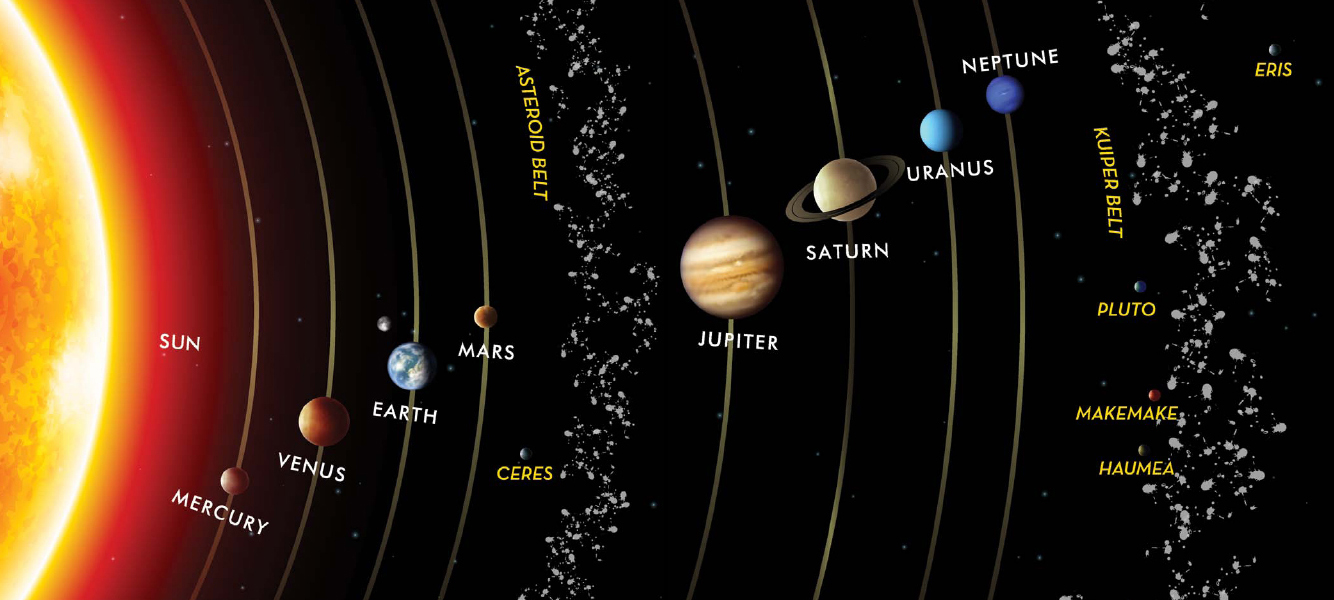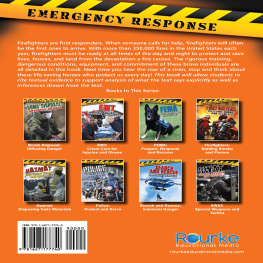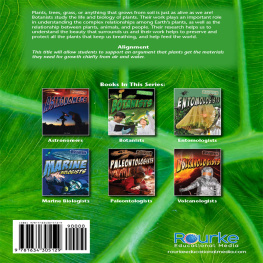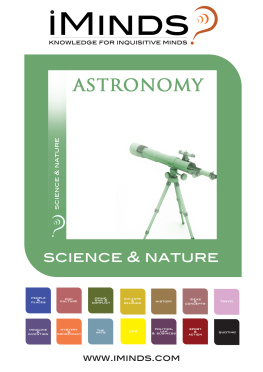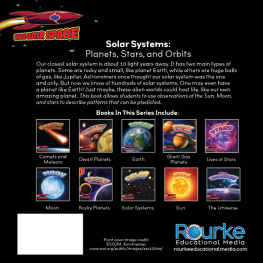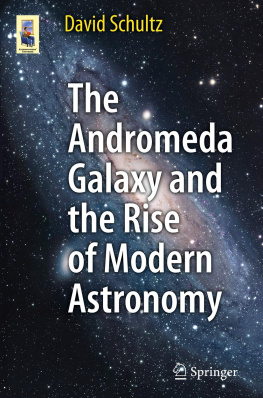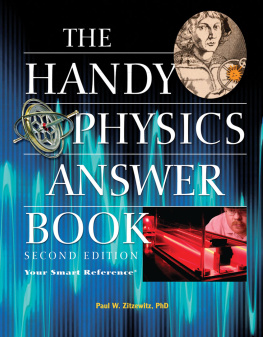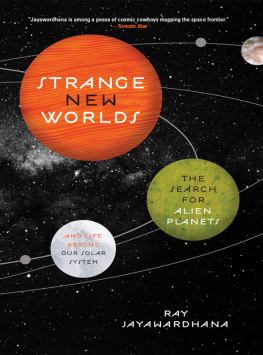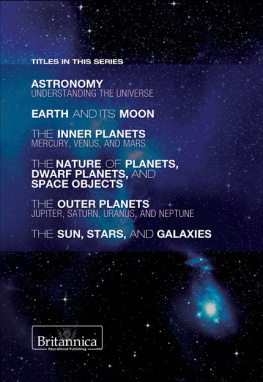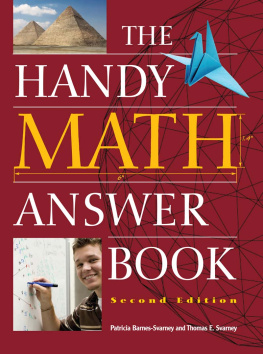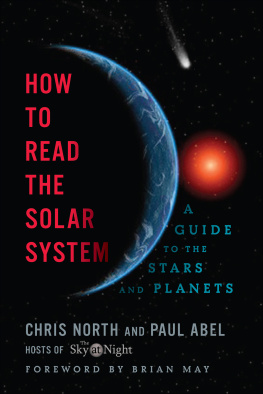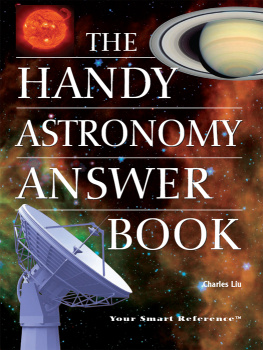Table of Contents
Guide

Before & After
Reading Activities | Level: S Word Count: 2,867 words 100th word: of |
Before Reading:
Building Academic Vocabulary and Background Knowledge
Before reading a book, it is important to tap into what your child or students already know about the topic. This will help them develop their vocabulary, increase their reading comprehension, and make connections across the curriculum.
Look at the cover of the book. What will this book be about?
What do you already know about the topic?
Lets study the Table of Contents. What will you learn about in the books chapters?
What would you like to learn about this topic? Do you think you might learn about it from this book? Why or why not?
Use a reading journal to write about your knowledge of this topic. Record what you already know about the topic and what you hope to learn about the topic.
Read the book.
In your reading journal, record what you learned about the topic and your response to the book.
After reading the book complete the activities below.
Content Area Vocabulary
Read the list. What do these words mean?
asteroid
astronaut
atmosphere
elliptical
engineering
hypothesis
infinite
infrared
irresistible
mathematician
observational
physical
physics
After Reading:
Comprehension and Extension Activity
After reading the book, work on the following questions with your child or students in order to check their level of reading comprehension and content mastery.
Why is Earths atmosphere so important to life on this planet? (Asking questions)
Why has our view of the solar system changed over time? (Infer)
Explain what the night sky looks like in a populated area versus a rural area. What affects your view of the night sky in your area? (Text to self connection)
How are amateurs helping the field of astronomy? (Summarize)
How does the author help you visualize what space looks like? (Visualize)
Extension Activity
A constellation is a group of stars that forms a pattern in the sky. Astrologists believe the stars and planets influence a persons life. Astrologists use zodiac signs, which are constellations associated with a persons birthday. Look up your zodiac sign. What constellation represents you? What characteristics and traits are associated with that sign? Does it sound like you? Try it out with a friend or family member. Do they match their zodiac sign?
EYES TO THE SKIES
As long as people have been on Earth, they have stared with wild wonder into the night sky. What is out there? Why are the stars twinkling? How far away is the Moon?
Human understanding of the Moon, stars, and worlds beyond our own has grown by leaps and bounds over just the past few generations.

Stars are so far from Earth that their light is distorted by Earths atmosphere and they sometimes appear to twinkle. Visible planets, such as Venus, do not twinkle because they are much closer.
FIELD NOTES
Most astronomers concentrate on a particular question or area of astronomy: planetary science, solar astronomy, the origin or evolution of stars, or the formation of galaxies. Observational astronomers spend their time designing and carrying out observational programs with a telescope to answer a question or test the predictions of theories.
The universe beyond our planet is limitless. So are the mysteries hiding within its cold, dark void.
Over centuries, scientific minds have used their own observation, and, more recently, stunning advances in technology, to pull back the curtain on just a tiny fraction of the endless unknowns of outer space.
Giant telescopes housed in observatories act as a kind of window to the stars. Many observatories are built in remote locations at high altitudes.

Observatory on Mauna Kea, Hawaii

Earth is one of eight planets in our solar system. Astronomers call the four nearest the Sun the rocky planets. The four farthest from the Sun are called the gas giants.
realms beyond our own solar system are astronomers. They play an important role in understanding our Earth, and its place in a universe so vast, it can sometimes defy our understanding.
Astronomy is a science. While life sciences such as biology are more concerned with the study of living things, astronomers study the physical makeup and activity of objects in space.
WATCHING GRAVITY, KEEPING TIME
The scientific knowledge we have about our planet Earth, its Moon, other planets in our solar system, asteroids, the Milky Way galaxy, and the infinite number of galaxies beyond it, is based on the work of astronomers.
Thanks to gravity, our Sun, which is really a medium-sized star, holds eight planets and other objects in orbit. But there are countless other suns and solar systems in our galaxy, and there are countless other galaxies beyond our own. This infinite expanse makes up the universe, or the cosmos.

Astronomers believe there are billions of solar systems beyond our own. That means Earth is like a grain of sand on an entire beach of planets, moons, and stars.

If a person could stand on a planet in another galaxy and identify Earths solar system in the sky, it would appear as nothing more than a tiny speck of light, just like the tens of thousands of specks of light we can see from Earth on a clear night.
FIELD NOTES
The time astronomers spend at a telescope collecting data for analysis is only the beginning. Most of their time is spent in an office analyzing data, creating computer programs that allow them to more efficiently search through the data, writing research papers, and attending meetings.
Astronomy research shows that the order of the objects in outer space, our planet orbiting around our Sun, and countless other planets orbiting around countless other suns, are all a result of the forces of gravity, and time.

Same force, different scale: no matter how hard somebody throws or kicks a ball, the force of gravity will always cause it to land on the ground. Gravity also keeps the Sun, stars, moons, and planets in their places.
